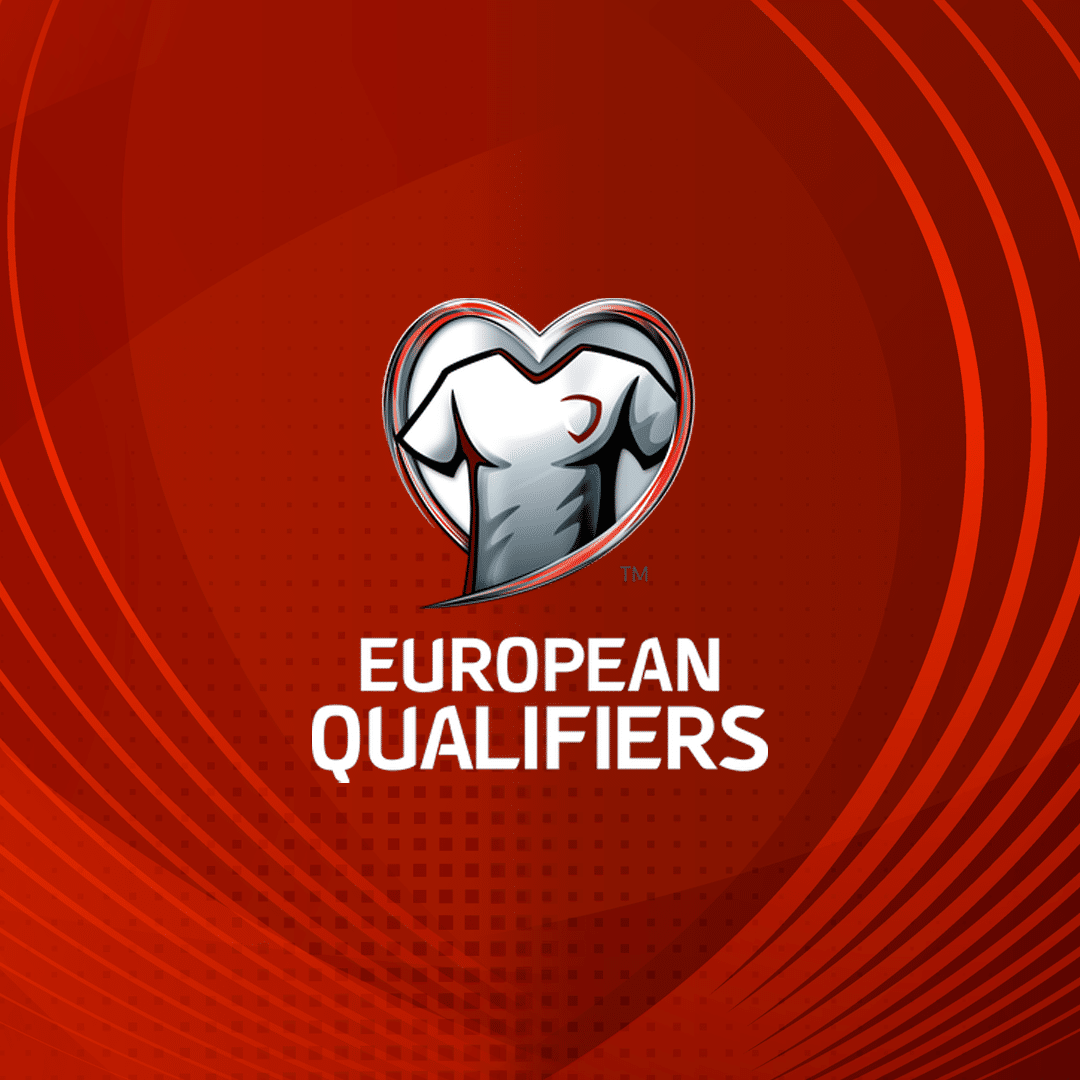
The European Qualifiers for the 2026 FIFA World Cup are set to commence in March 2025, marking the beginning of Europe’s journey toward the expanded 48-team tournament hosted across Canada, Mexico, and the United States. With 16 UEFA nations slated to participate, the qualification process is structured to determine the continent’s representatives effectively.
Qualification Structure
On December 13, 2024, in Zurich, the draw will allocate teams into 12 groups comprising either four or five teams each. The traditional home-and-away, round-robin format will be maintained. Teams placed in five-team groups will initiate their qualifying matches in March 2025, while those in four-team groups will start in September 2025. All group-stage matches are scheduled to conclude by November 2025.
Group Stage Draw Pots
The seeding for the draw is divided into five pots, reflecting the teams’ rankings and recent performances:
Direct Qualification and Play-Offs
The 12 group winners will secure direct qualification to the World Cup. The 12 group runners-up, along with the four highest-ranked group winners from the 2024/25 UEFA Nations League who did not finish first or second in their qualifying groups, will enter the play-offs. These 16 teams will be drawn into four play-off paths, each containing four teams. The play-offs will consist of single-leg semi-finals and finals, all taking place within the same international window in March 2026.
Key Dates
Host Cities for World Cup 2026
The tournament will be hosted across 16 cities in North America:
The final is scheduled to be held in New York on July 19, 2026.
Stellar line-up of #WorldCup 2026 Host Cities unveiled: Atlanta, Boston, Dallas, Guadalajara, Houston, Kansas City, Los Angeles/SoFi Stadium, Mexico City, Miami, Monterrey, New York/New Jersey,Philadelphia, San Francisco Bay Area, Seattle, Toronto & Vancouver! See you in 🇨🇦🇲🇽🇺🇸! pic.twitter.com/q5Q1SkUOTk
Implications of Recent Changes
UEFA has recently adjusted the World Cup qualifying draw protocol, potentially leading to more challenging group compositions for certain teams. For instance, England, under the new rules, could face multiple Home Nations rivals such as Wales, Scotland, or the Republic of Ireland, increasing the competitiveness of their qualifying group.

